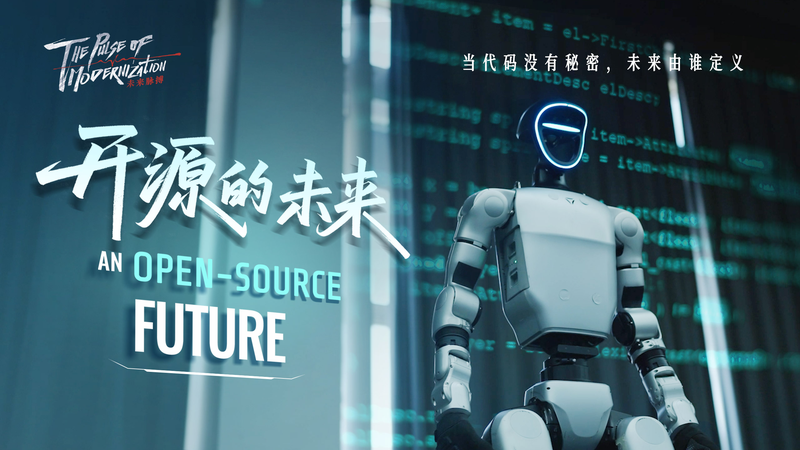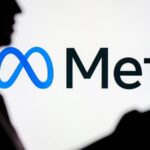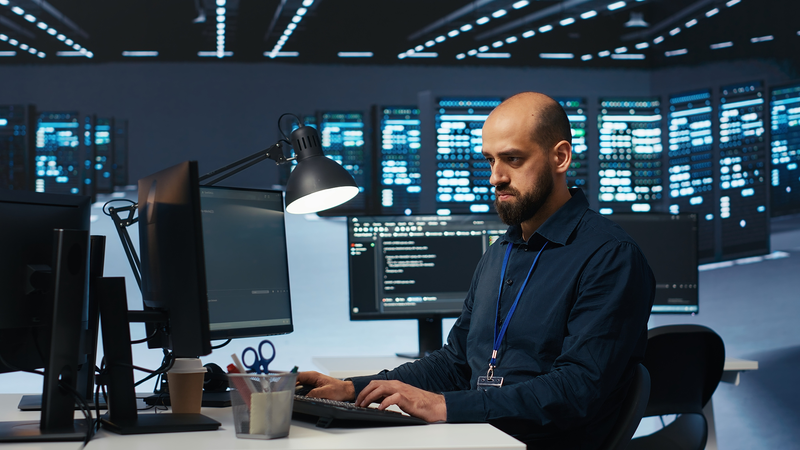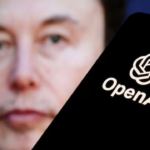Imagine a world where your glasses literally read your thoughts 🤯, robots learn from humanity’s collective wisdom, and AI code is free for anyone to tweak. This isn’t a Black Mirror episode—it’s the open-source AI revolution reshaping our future. Let’s unpack the hype.
🔓 The Promise of Open-Source AI
From Meta’s LLaMA to OpenAI’s GPT-4o, tech giants are democratizing AI tools faster than TikTok trends. Developers worldwide can now build apps that diagnose diseases, optimize supply chains, or even predict climate patterns—all with code that’s as transparent as a viral unboxing video.
⚠️ The Flip Side: Risks in Plain Sight
But what happens when bad actors weaponize open-source algorithms? Think deepfake scams, autonomous hacking tools, or bias baked into decision-making systems. As one Reddit user put it: “It’s like giving everyone a nuclear reactor manual—cool until someone skips the safety chapter.”
🌍 Who’s Steering the Ship?
While Silicon Valley races ahead, governments are playing catch-up. The EU’s AI Act and China’s AI governance framework aim to balance innovation with safeguards. But in this global code-sharing era, can regulations keep pace? 🤔
One thing’s clear: The future isn’t just being coded—it’s being crowdsourced. Whether that’s a utopia or a cautionary tale depends on who’s typing the next line.
Reference(s):
cgtn.com






